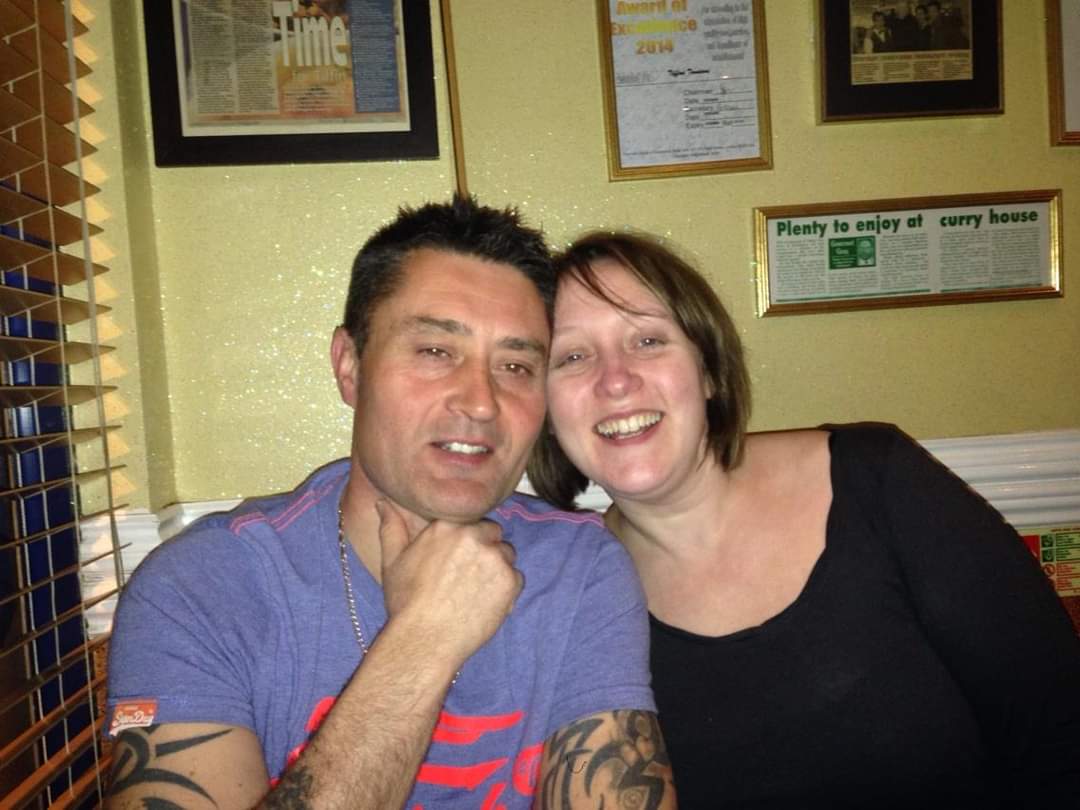Above and beyond my absolute focus of achieving justice for people exposed to asbestos, it has been deeply satisfying over the years to take cases to the highest courts and succeed in generating changes to the law around asbestos disease claims – not least since this helps people yet to bring such claims.
Two cases stand out. First, on behalf of woman who lost her relatively young husband to mesothelioma after they had fostered two young children, both with special needs. Sarah talks heartbreakingly about what it was like to have to prepare for your husband dying and, probably worse, trying to gently make two young children understand.

We began a claim for Sarah for all the loss of service and care her husband Neil had provided to her and the children. The defence attempted to argue that foster children did not count as dependents under the Fatal Accidents Act 1976 and therefore had no claim since they did not enjoy the same rights as natural children.
Under the Act, children and step-children are considered dependants, but not foster children. Sarah had however lost not only the ability to go back to work but also the childcare that Neil would have provided at home while she was at work. Importantly, a prerequisite of the fostering plus arrangement the family had was that one parent had to stay at home and care for the children.
The judge sitting in the High Court found in Sarah's favour and awarded Sarah the costs of the hospice that cared for Neil and the family, damages for pain loss and suffering and importantly a sum for the lost child care and domestic services that Neil would have provided (the dependency).
The judge did not accept the defendant's argument and rejected their claim that Sarah was 'dressing up' a claim for the children as a claim for herself. He instead accepted our argument that Sarah and her family had suffered a loss.
Read more about Sarah's claim.
He accepted the family matrix and the 'but for' position i.e. that Neil would have remained at home and cared for the children while Sarah returned to work and that Sarah had suffered a loss as had the family. While the family had to come to terms with their grief, it was a very positive result to at least provide them with some security. It was equally satisfying to see the Court of Appeal endorse the approach taken by the High Court.
The second stand out case was on behalf of the widow, who lived in England, of a man who had worked for ICI in Aberdeen where he was exposed to fatal asbestos dust. Taking the case to the High Court, we won the right to apply Scots law to Mrs Haggerty's claim which meant she was compensated for 'loss of society', which does not apply under English law, and also that the extended family suffering the loss of David were entitled to compensation, again, something that does not apply under English law.
In my mind, both of these cases are good examples of where fighting for what is morally right becomes underpinned by law.

